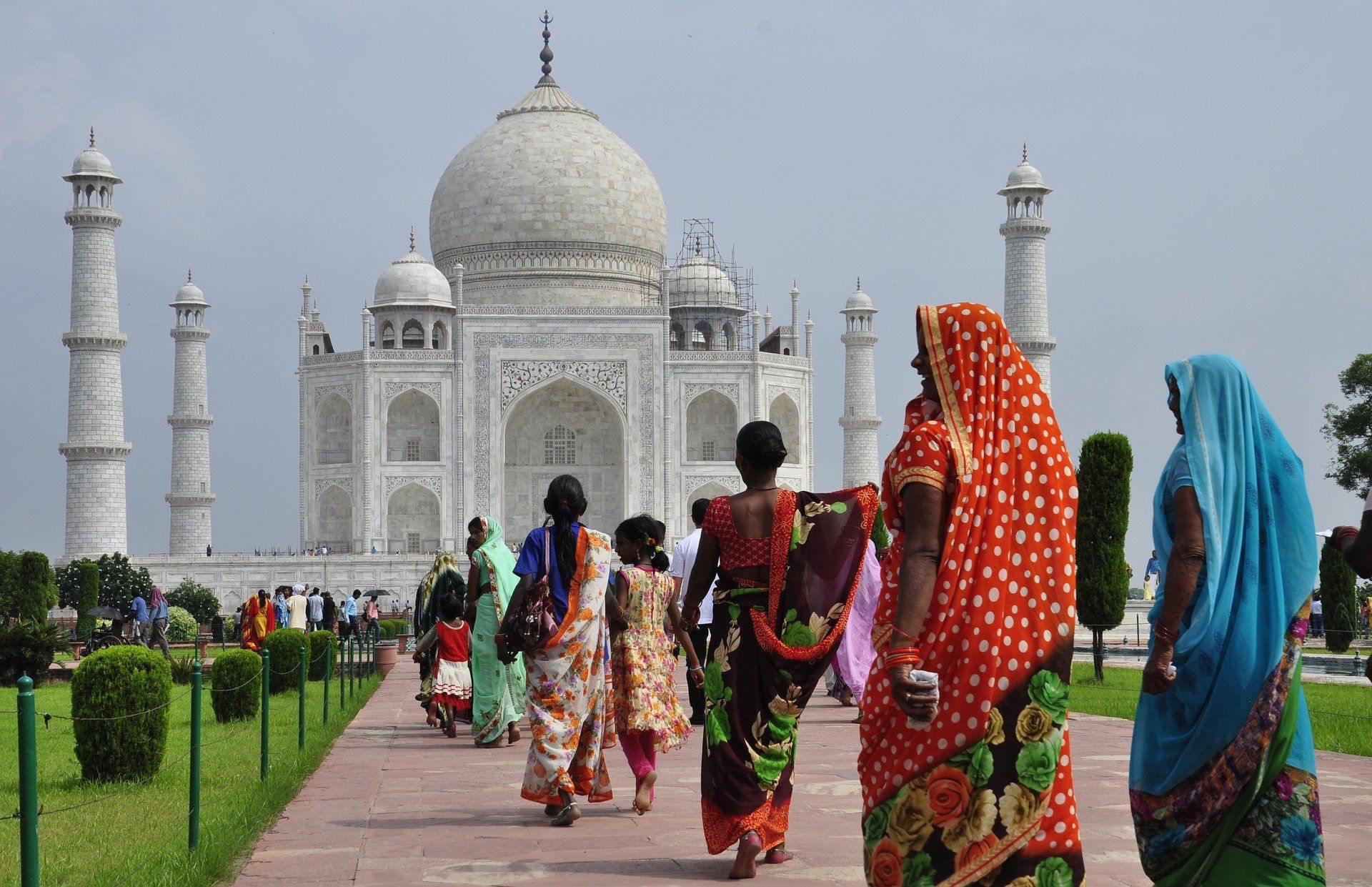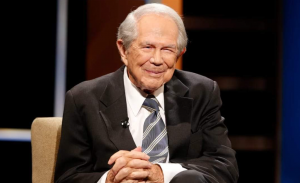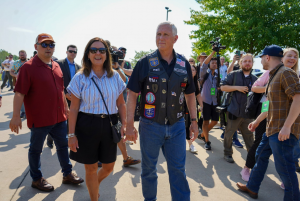For long, societies are either described as a melting pot or a salad bowl. Melting pots are those where people from different backgrounds — race, religion and culture, blend into one, while in a salad bowl society, people from different backgrounds integrate while maintaining their separate identities. India, however, is none and is more like a ‘thali’, the US-based Pew Research Center’s study showed.
Also read: ‘Absolutely frivolous,’ says SC on plea for removing 26 verses of Quran, imposes fine
What did the Pew study found out?
This study was Pew Research’s largest outside the US and involved 30,000 participants. Hindus make up 80% of India’s population, followed by Muslims (14%), Christians (2%), Sikhs (1.7%), Buddhists (1%) and Jains (0.4%).
Here are some of the findings of the study:
* 84% of the participants said respect for other religions is an important aspect of their religion and of being an Indian.
* 91% of Indians said they’re free to practice their religion.
* More than 66% of Hindus said they wanted to prevent interfaith marriages of both Hindu men and women.
Also read: Gujarat assembly passes bill to penalise ‘love jihad’
* A larger share of Muslims felt the same way.
* 36% of Hindus said they didn’t want a Muslim neighbour.
* 64% of Hindus believe that being a Hindu is crucial for being an Indian.
* 53% of the participants said religious plurality benefits India.
* 97% of Indians believe in God.
* 80% of the people in different religions are certain that God exists.
Also read: Author Taslima Nasreen criticised after ‘distasteful’ tweet on England cricketer Moeen Ali
Shares beliefs across religions
* 77% of Hindus and a similar percentage of Muslims believe in karma.
* 81% of Hindus and 32% of Christians believe in the purifying power of the river Ganga, which is a belief in Hinduism.
* In north India, 12% of Hindus, 10% of Sikhs and 37% of Muslims identify with Sufism, which is a mystical tradition most closely associated with Islam.
Similar and different
* 66% of Hindus see themselves as different from Muslims, and a roughly equal number of Muslims
* 2/3rd of Jains and 50% of Sikhs feel they have a lot in common with Hindus.
Also read: Tale of the The Father, the Son, the Holy Spirit and the erroneous Arizona priest
Discrimination against minorities
* About a quarter of followers of any of the major faiths felt they were subjected to religious discrimination.
* One in five Muslims living in north India, which is largely ruled by the Bharatiya Janata Party (BJP) said they faced discrimination due to their religion.
* 65% of Indians believe religious violence is a big problem.
* 20% of Indians felt caste discrimination was widespread.
What does the study show?
Neha Sahgal, one of the lead authors of the study, has commented on the finding that although over 80% of Indians believed respect for other religions is crucial, yet a substantial number of them were opposed to inter-faith marriages and neighbours of other religions.
Also read: Indonesia’s hijab headbangers trade village life for metal heaven
“This points to a unique understanding of plurality of Indian society – it is more like a thali ( in which different dishes are served on a single platter), rather than a melting pot,” Sahgal said, BBC reported.
Jonathan Evans, the second lead author of the study told BBC that it is “uncommon to see seemingly contradictory viewpoints in public opinion.”







